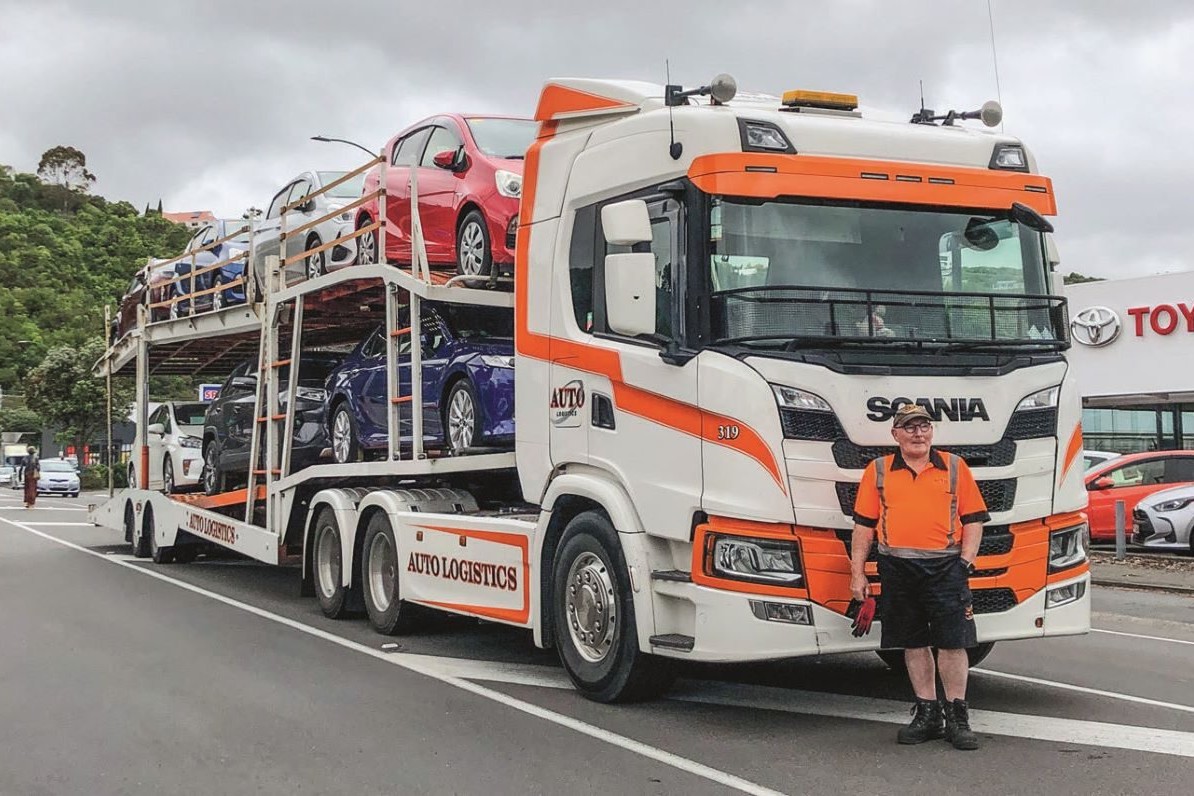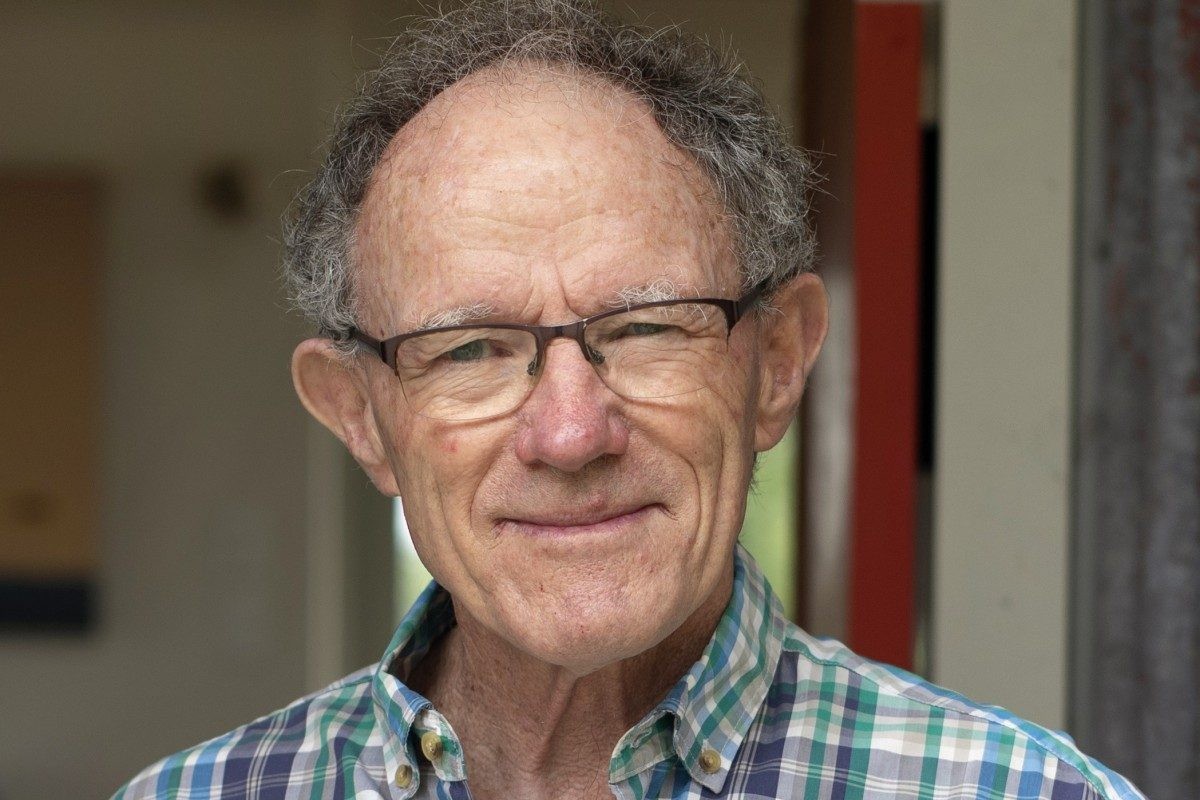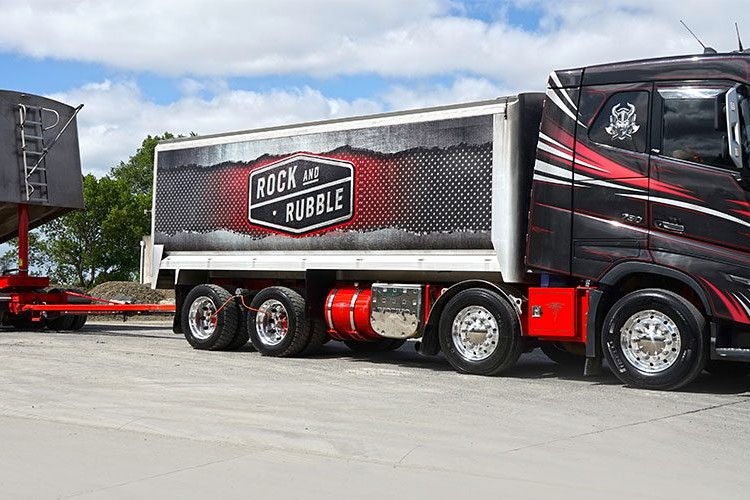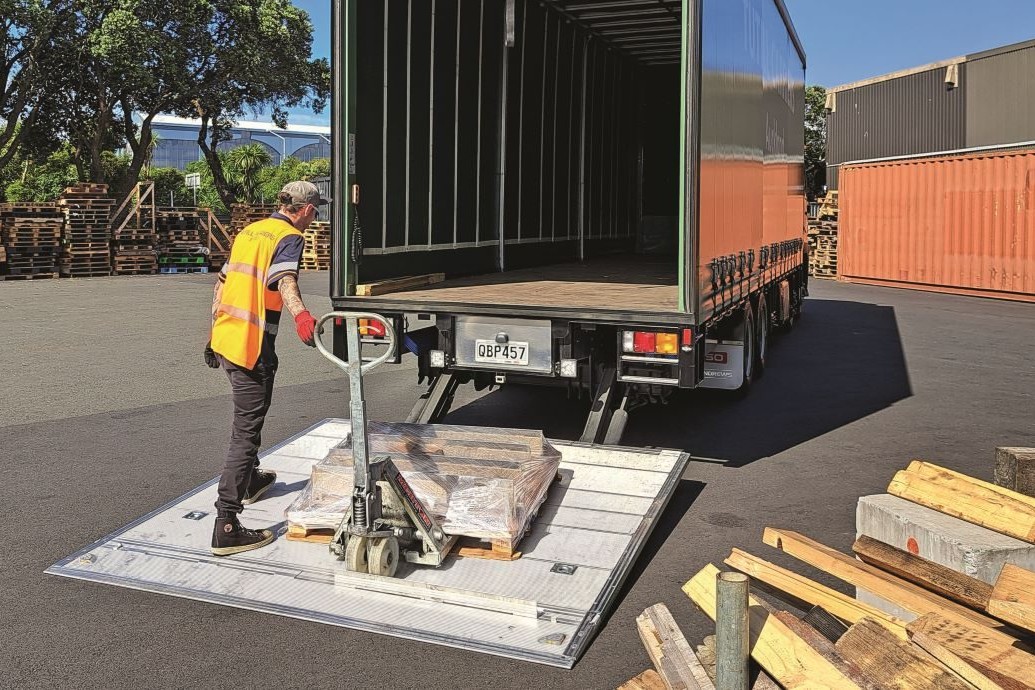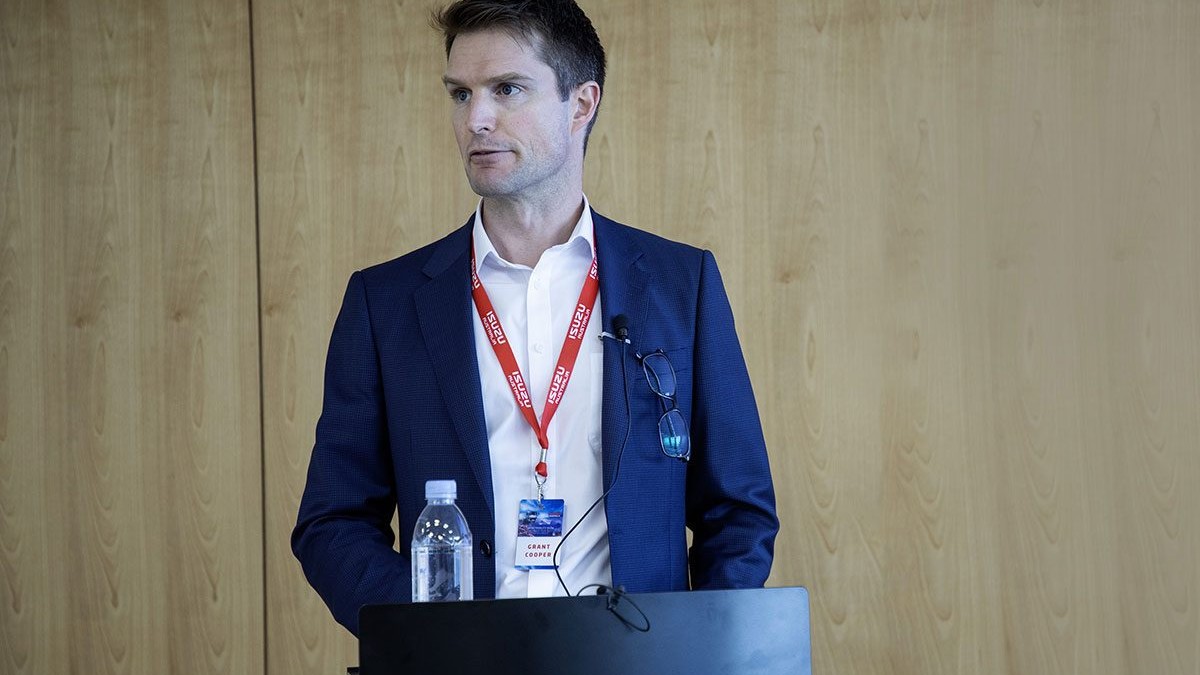
Taking deliberate steps for a cleaner, more efficient zero- tailpipe-emissions road transport future – it’s a task confronting industry and society, and in a region as geographically and topographically diverse as Australasia, it requires hunting through the prevailing technologies to see what fits our unique and demanding landmasses. Isuzu Australia’s chief of strategy, Grant Cooper, recently addressed media in Tokyo and gave some insight into the company’s direction.
In arriving at the best combination of zero emissions product and support, there is a clear need, first and foremost, to understand the perceptions and preferences of the end customers, and consumers generally.
“In terms of Road to Zero, as it’s being called, there is a level of assumed knowledge and consensus here,” says Isuzu Australia chief of strategy Grant Cooper. “We simply must take the deliberate steps required for a cleaner, more efficient zero- tailpipe-emission road transport future. That much we can all agree on.
“In a vast expanse such as Australia, road transport’s environmental impact is one of the major causes of air pollution. In and around urban areas it is already being tackled and is no longer glibly dismissed as a ‘battle for another day’. We are in the midst of this fight right now, and with a considered and sensible approach, there’s a clear path to victory.” It’s a sentiment shared on this side of the Tasman, too.
In 2023, Isuzu Australia commissioned a longitudinal research project surveying 1000 trucking and road transport stakeholders, resulting in their Future of Transport Report (FoT). Its core value as a piece of work is the comparative data yielded when compared with a similar exercise undertaken in 2019. Is there a shift in the mood of the market in relation to low- and zero-emissions propulsion? Is the tide turning?
Key findings include:
- Some 91% of respondents are truly considering adopting a zero-emissions strategy for their own truck fleets.
- Only 10% are considering a zero-emissions strategy right now.
- Some 70% are considering a zero-emissions strategy over a two-to five-year timeframe.
“This is in line with other research we’ve done with some of the country’s largest road transport fleets. In terms of strictly zero-tailpipe- emissions methodologies being considered, battery electric is the overwhelming preference, followed by hydrogen fuel cell, and hydrogen ICE.”
In terms of respondents’ perception of BEVs:
- Half the respondents agreed electric trucks are reliable, are suitable for Australian conditions, have a strong residual value, and will play a major role in Australian road transport going forward.
- Half the respondents have concerns about charging times and performance when compared with diesel ICE.
“A sustained focus on electrifying the right trucks for the right tasks stands us in good stead to make a considered and sensible transition away from a reliance on ICE technology. In an Isuzu world, the consensus remains that BEVs are the most realistic and widely feasible form of zero emissions able to be meaningfully applied in Australia right now.
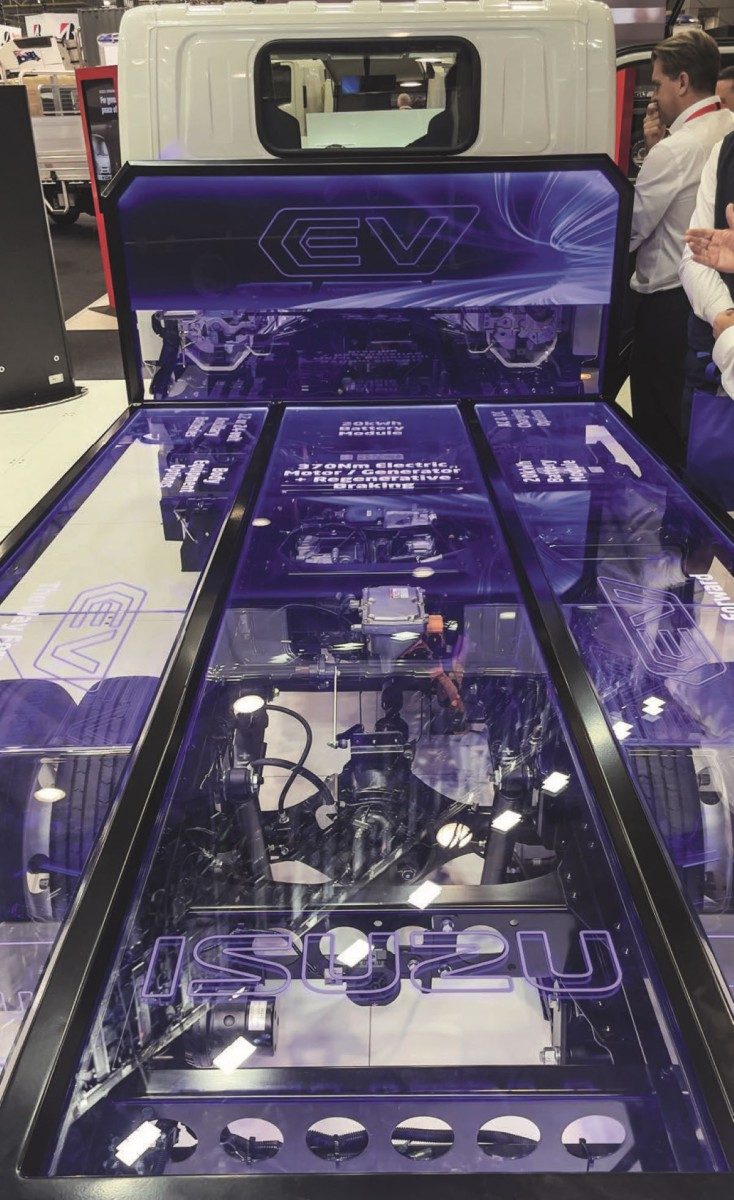
“However, here, like the rest of the world, the energy density of diesel by weight for long-haul transport means ICE technology will be with us for a while yet.
“At last year’s Brisbane Truck Show, the available and forecasted product on display from all major truck OEMs was encouraging – especially by Australian standards. Brisbane was a landmark event for Isuzu in Australia with a world-first preview of the new light-duty N Series EV.”
Cooper says that Isuzu’s Zero Emission Vehicle product approach has been customer-led, focusing on carbon neutrality, driver comfort, safety and connectivity.
“In delivering this, Isuzu will make available a wide choice of powertrains – battery, fuel-cell electric to hydrogen ICE. Internal research and strategy partnerships are driving results here. Operating requirements, infrastructure, and regulations will determine the technology applied.
“There is still plenty of work to do as an industry, gathering accurate and reliable information about these emerging technologies and how best to apply them to business needs locally. With a sustained focus on electrifying the right trucks in the right tasks, we stand in good stead to make a considered and sensible transition.
“Isuzu set out on this journey some years ago now to clearly understand how commercial zero-emissions vehicles can meet our customers’ needs in line with available technology and operating parameters.
“What we’ve found is a consumer group essentially looking for support. They want OEMs like Isuzu to educate, build awareness, manage and mitigate risk, and importantly, add value to their operations. They demand a reliable zero- emissions transport partner that offers more than just a vehicle.
“We believe with a collective industry focus on these core customer requirements, Australia’s road transport sector will be in the box seat to see this transition not only take place, but thrive.”


